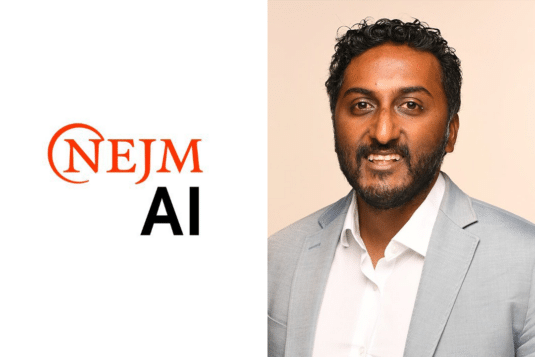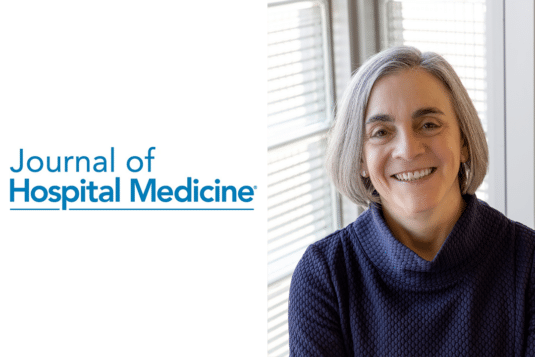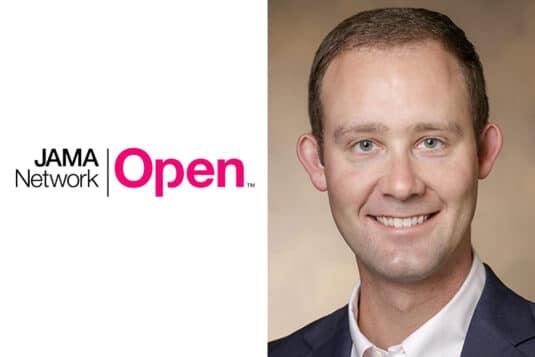This piece offers practical guidelines for documenting IPV in trauma-informed, patient-centered ways, while navigating transparency requirements under the Cures Act. It acknowledges proxy access features and risks, but focuses on how OpenNotes can be used safely to empower survivors and build trust.
Peer Reviewed
Solutions for Increased Adoption of Patient Portal Shared Access: A Human-Centered Design Approach Using the Double Diamond Model
Using a human-centered design approach, OpenNotes and researchers at the Johns Hopkins Bloomberg School of Public Health explored how to improve awareness and adoption of shared access to patient portals for older adults and their care partners.
Identifying, engaging, and supporting care partners in primary care settings: a portal-based intervention
Millions of Americans are care partners but they are rarely identified or supported in care delivery. With a portal-based questionnaire, we identified participants with caregiving responsibilities and further evaluated them in order to offer support.
Changes in Documentation After Implementing Open Notes in Mental Health Care: Pre-Post Mixed Methods Study
https://doi.org/10.2196/72667 Background The practice of providing patients with digital access to clinical narrative documentation by health care professionals (HCPs) is known as open notes. In mental health care, this innovation has the potential to increase transparency and foster greater trust in the treatment process. While open notes may improve the quality of care and patient…
Chaplains’ Charting in the USA in the Era of “Open Notes:” Recommendations from a Quality Improvement Project
This paper addressed the particular needs of chaplains in oncology settings where relationships tend to be longer. It recommends using strengths-based language, avoiding language that suggests disbelief, shortening notes, and using documentation to extend spiritual care.
People Overtrust AI-Generated Medical Advice despite Low Accuracy
This article presents an analysis of how artificial intelligence (AI)–generated medical responses are perceived and evaluated by nonexperts. The increased trust placed in inappropriate AI-generated medical advice can lead to misdiagnosis.
Hospitalized patient portal access in the post-information blocking rule era
This single-center, cross-sectional observational study highlights low patient portal utilization among hospitalized patients and disparities in access based on race/ethnicity, gender, age, and insurance status.
Users’ perspectives on a demonstration to increase shared access to older adults’ patient portals
As shared access uptake remains low, the Coalition for Care Partners, and three healthcare delivery organizations, co-designed an initiative promoting shared access to the patient portals of older adults.
A Proof-of-Concept Study for Patient Use of Open Notes with Large Language Models
Can AI chatbots help patients make sense of their medical notes? This first-of-its-kind study published in JAMIA Open finds that with the right prompt, large language models may become powerful partners in understanding complex health information.
Repeated Access to Patient Portal While Awaiting Test Results and Patient-Initiated Messaging
A new study found that patients often refresh the portal while awaiting test results—especially for routine tests. This behavior is linked to increased messaging, suggesting that individual worry may drive communication more than the test itself.










